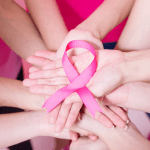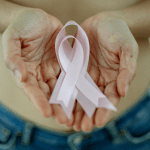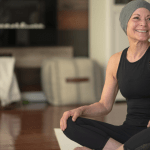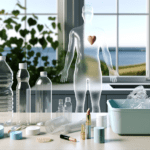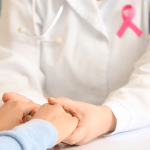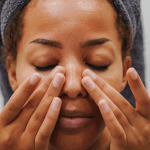40 years ago, 5 in 100 women would receive a breast cancer diagnosis in her lifetime. Today, 12.5 in 100 women will be diagnosed with breast cancer at some point in their lives. That’s 2.5 times as many. Where does this come from?
Approximately half of breast cancers can be attributed to traditional risk factors, such as genetics, age, diet, and reproductive history? That makes 6.25 in 100 women with cancer.
What about the other half?
The other half of the cancers – found in 6.25 in 100 women is potentially due to other lifestyle factors, including chemicals from cosmetics, personal care products, household cleaning products, pollution, plastics, and more.
85% of breast cancers nowadays occur in women with no family history of breast cancer. That makes this last point of the lifestyle and chemicals even more significant.
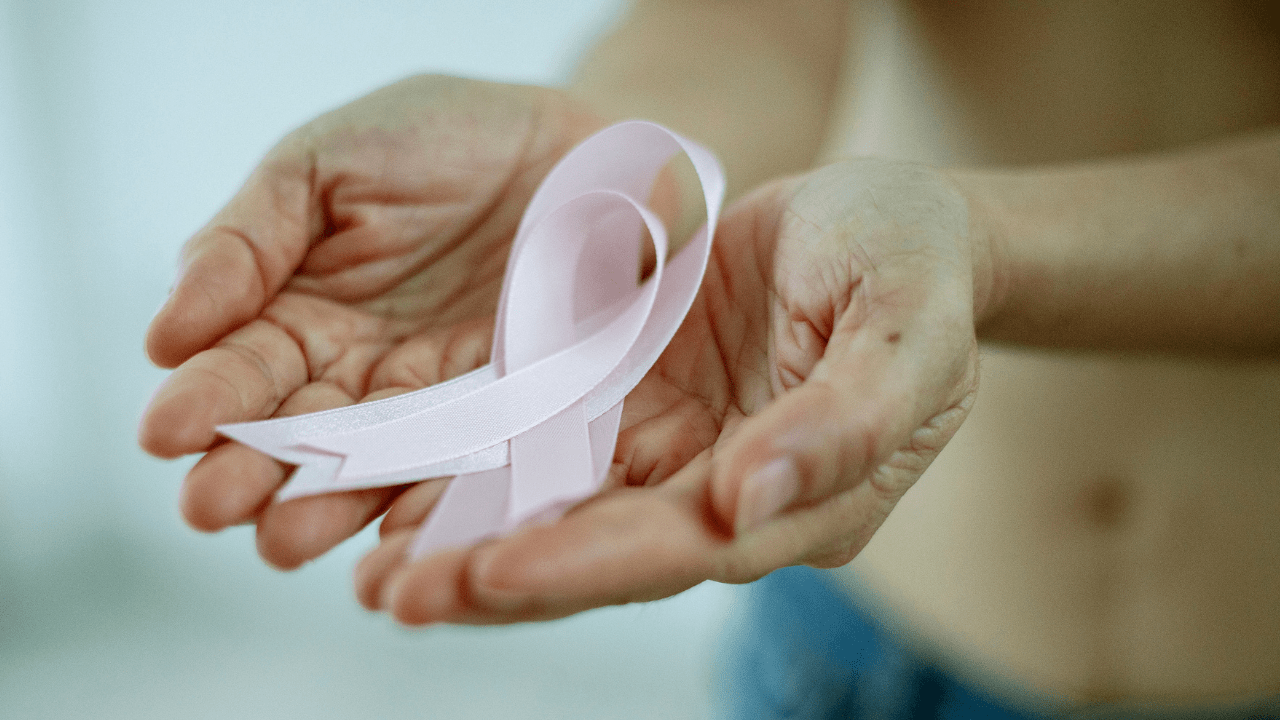
There are two chemicals that have become prevalent in conventional personal care, household products and also in the environment. And both chemicals are linked to breast cancer: parabens and phthalates. These are statistics from the National Cancer Institute.
Here, we’re going to be looking at parabens.
A recent study looking at the US population showed over 90% percent of people in the United States have parabens in their bodies, with the highest concentrations found in women.
And listen to this: parabens are also found in 99% of breast cancer tumors.
So, what are these parabens?
Parabens are a group of chemicals that prevent growth of mold, bacteria, and yeast.
They are added to cosmetics and personal care products to increase shelf-life and stability to keep it from spoiling. Parabens are found in the lotions, sunscreens, antiperspirants, makeup, hair products and personal care products you use everyday. They are also found in chewing gum and mouthwash.
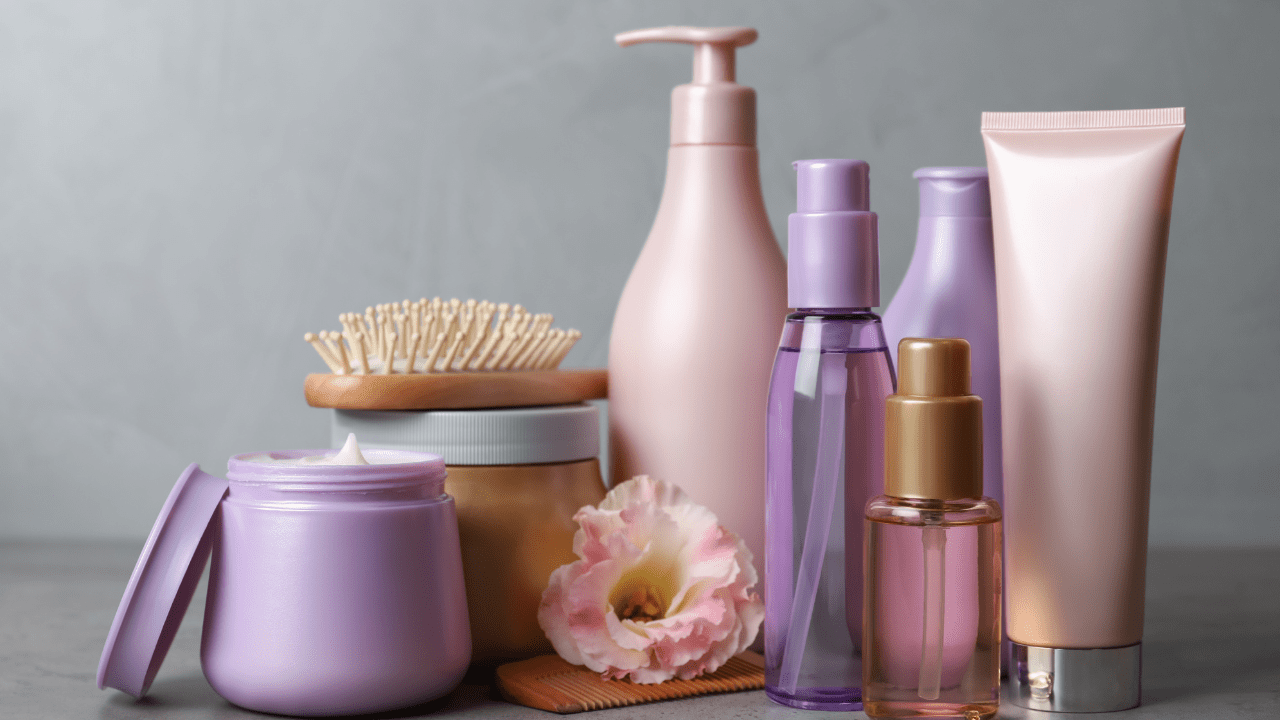
Now, how are parabens linked to breast cancer?
Parabens disturb the hormone system, they are so called endocrine disruptors that mimic estrogen in the body
Studies show that parabens affect the mechanisms of normal breast cells and influence their abnormal growth, leading to risk of breast cancer.
Even at low concentrations – concentrations that many women who are using dozens of conventional skincare, cosmetics, personal care products, and household cleaners each day would be exposed to under normal life circumstances.
5 nanogram of parabens promote the growth of breast cancer cell. Women use 10,000 times this amount.
Paracens decrease cell death. Studies show that some concentrations of parabens may reduce programmed cell death, which is one way the body deals with damaged cells.
Parabens can cause metastasis growth. In vitro studies have found that cells exposed to parabens for over 20 weeks may increase factors associated with metastases.
Parabens can also block chemotherapy agents. Studies found that methylparaben may decrease the ability of tamoxifen to impede the effects of estrogen, making this common chemotherapy drug less effective at treating breast cancer.
Parabens have been linked to other health concerns, such as allergies, skin irritations, and may also disrupt thyroid levels.
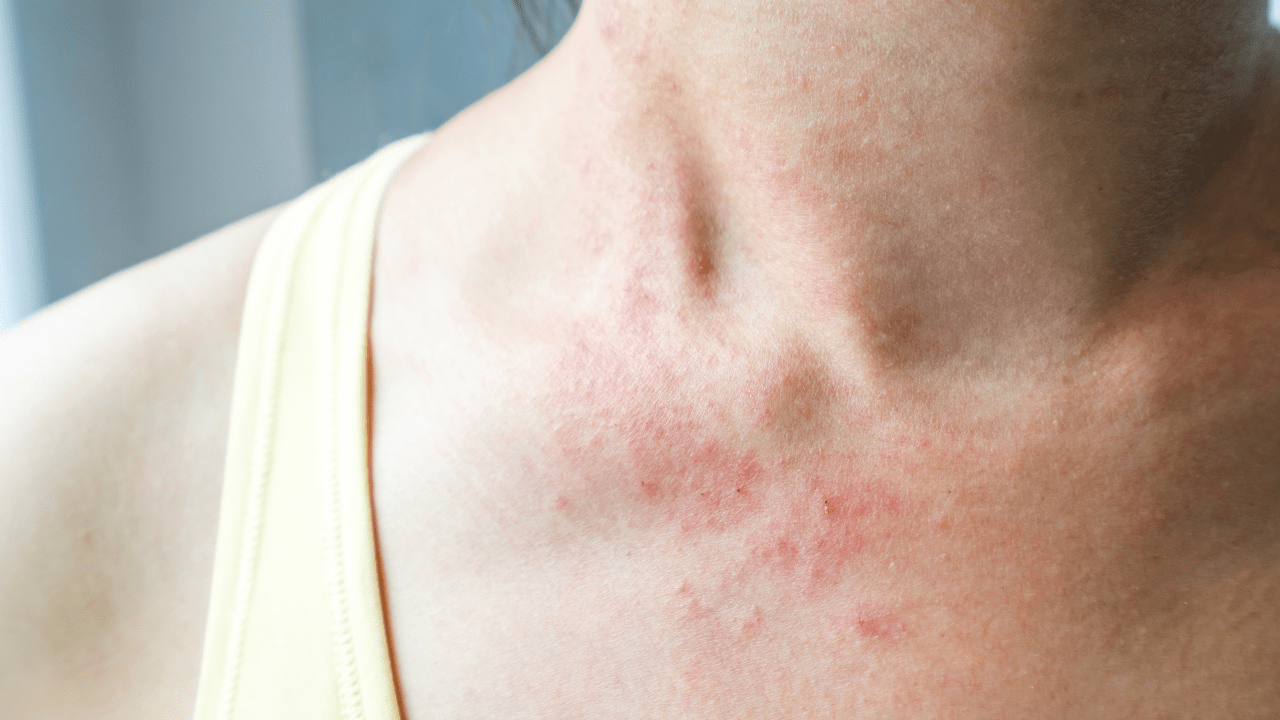
All women are vulnerable to the effects of parabens, especially pregnant women. Fetuses and young children are most vulnerable to parabens, because at these life stages breast tissue is most susceptible to endocrine disruptors.
So, what can you do to protect yourself from parabens?
Look for products labeled “paraben free”.
Avoid products listing parabens as ingredients. Common parabens and their synonyms include:
- propyl paraben (or propyl 4-hydroxylbenzoate),
- butyl paraben (or butyl 4-hydroxylbenzoate),
- ethyl paraben (or ethyl 4-hydroxylbenzoate)
- heptyl paraben (or heptyl 4-hydroxylbenzoate),
- methyl paraben (or methyl 4-hydroxybenzoate)
Pay attention to products marketed to kids: both the European Commission and Denmark have banned butylparaben and propylparaben from diaper creams and other leave-on products for children under three. Not the case in the USA.
The best thing you can do is switch to safe, water-free, and chemical-free personal care products. They don’t contain this stuff. Only water-free skin care products can be chemical-free. So check the labels just for water.
Make sure to take a look at my other video to learn more about phthalates and their connection with breast cancer.
